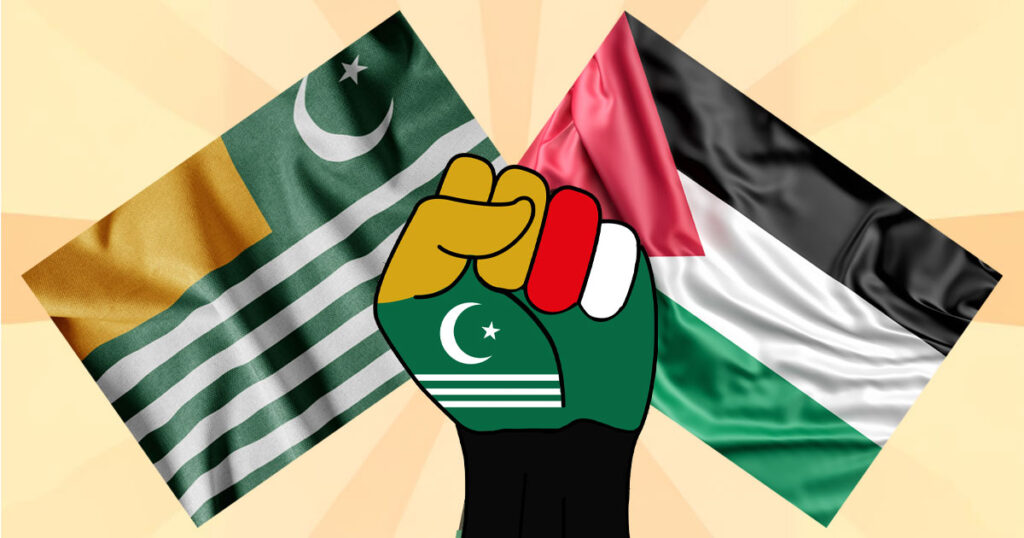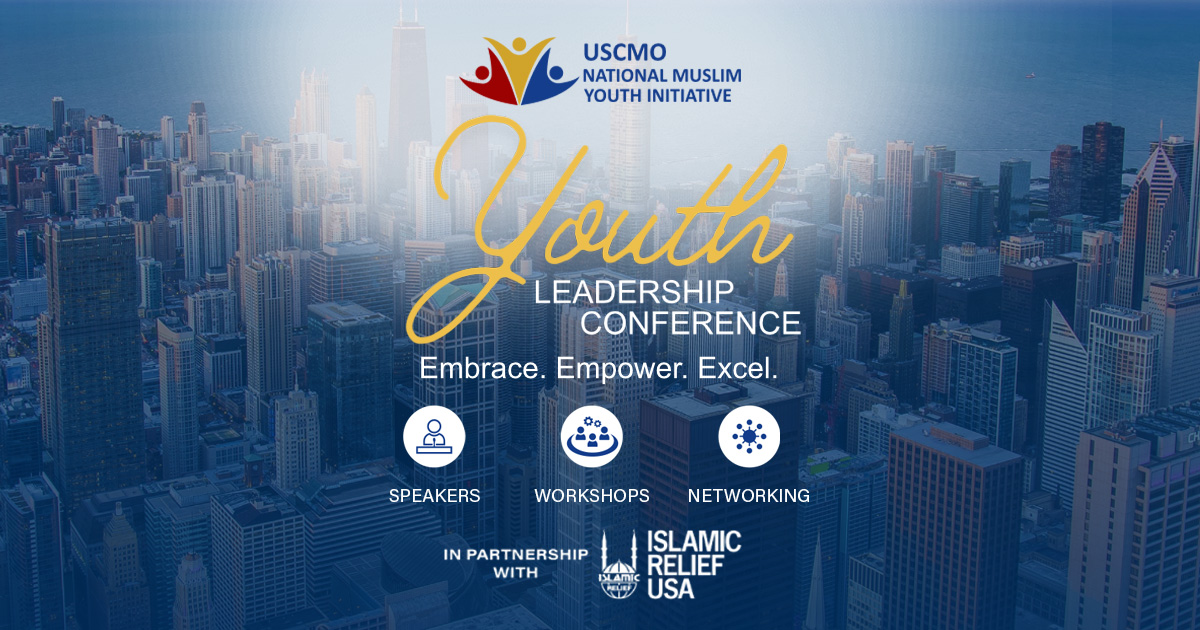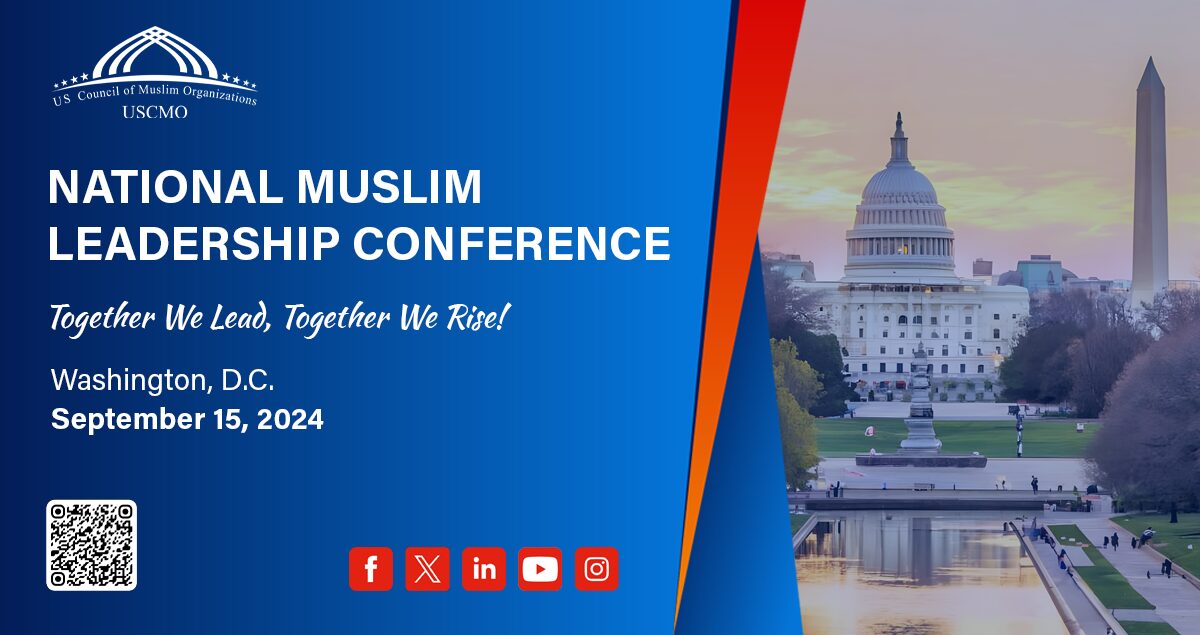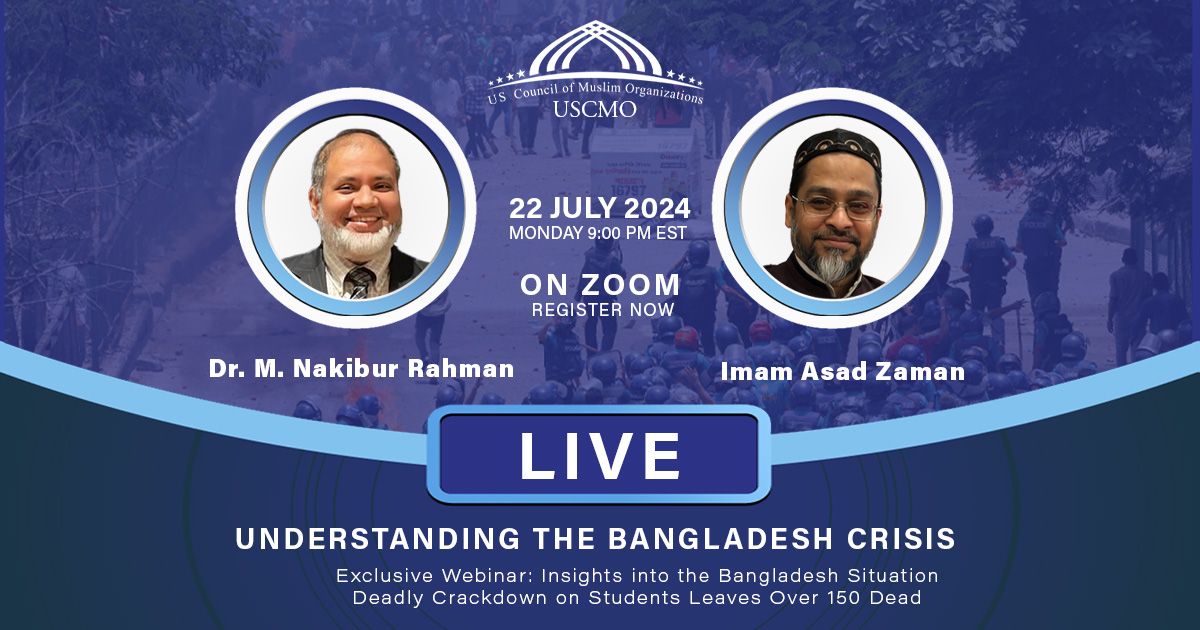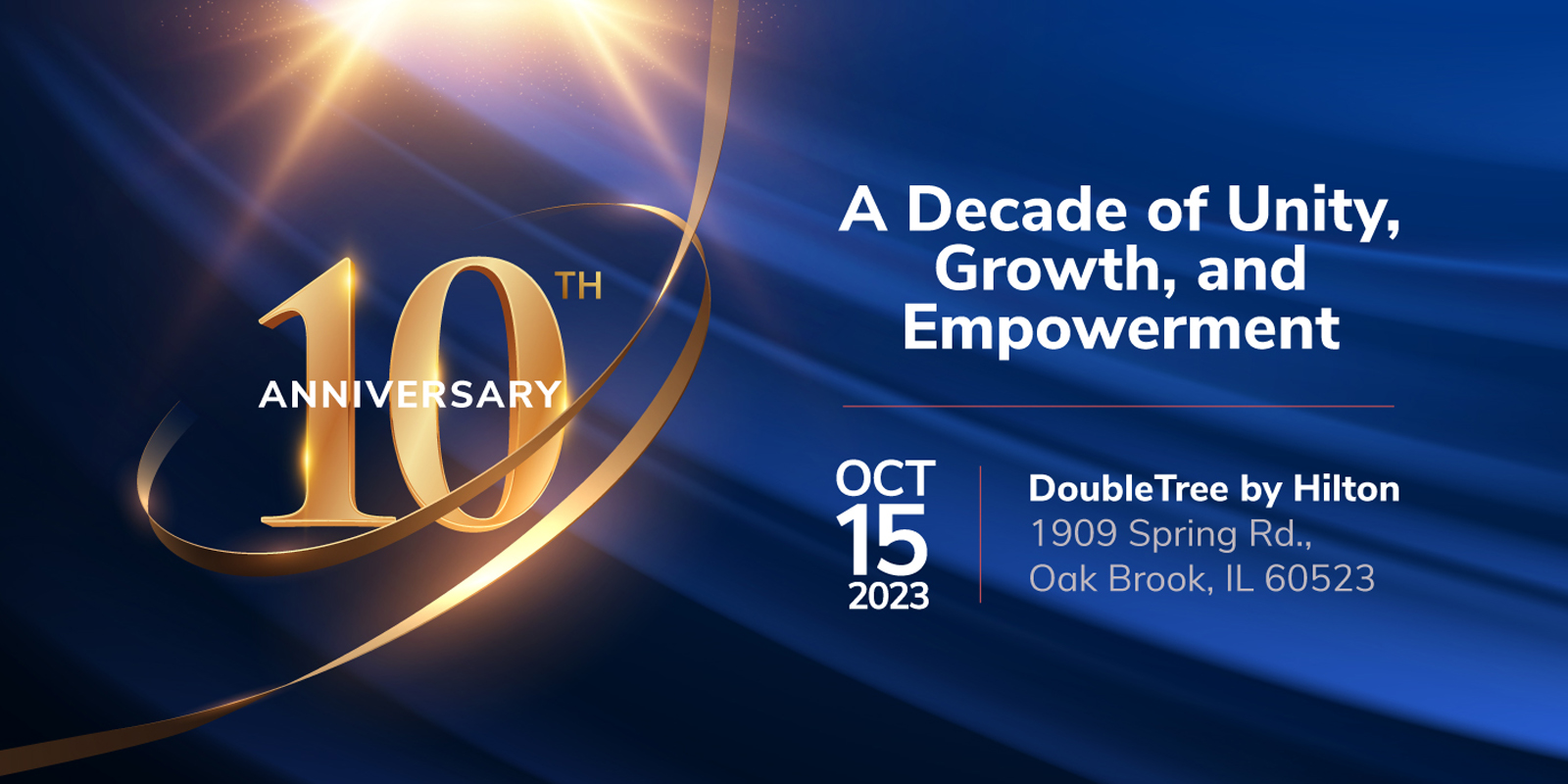October 27 marks a solemn anniversary for the people of Kashmir—a day of grief and sorrow, recognized as a day of occupation since 1947. Seventy-seven years ago—Indian forces entered Kashmir, not through the will of its people, but through a military occupation justified by a fraudulent instrument that even respected historians have contested as unproven. That moment marked the beginning of a dark chapter for the people of Kashmir, as they found their homeland taken from them without their consent, their voices silenced under a heavy weight of injustice.
For over seven decades, Kashmir has endured the sorrow of living in a state of occupation. An entire people, resilient and steadfast, have spent generations yearning for one thing: self-determination. It was a right promised to them by the United Nations itself. As far back as 1948, the UN adopted resolutions affirming that the Kashmiri people held the right to choose their own destiny through a free and impartial vote. These resolutions were sponsored by global powers, including the United States, Great Britain, and France, and they acknowledged the unassailable principle that only the Kashmiri people should determine their own future. And yet, seventy-seven years later, this promise remains unfulfilled.
As we remember the sorrowful beginning of occupation in Kashmir, we cannot help but reflect on the broader, universal story this represents. From Palestine to Kashmir, we see parallels in the struggles of communities who have endured generations of occupation and were denied the right to chart their futures. Just as Kashmiris are reminded each October of what was taken from them in 1947, the people of Palestine are reminded each day of what has been taken from them since 1948, when their lands were divided and they too were left with broken promises.
Both Kashmir and Palestine remain symbols of resilience in the face of oppression. Both have been offered resolutions, words of promise, and principles of justice. And yet, time and again, they have faced unfulfilled commitments, actions that contradict international norms, and the harsh reality of occupation. Their voices, though strong, are often drowned out by global powers that may choose expedience over justice. And yet, in each, we witness a profound resilience, a refusal to surrender dignity, and an enduring hope for freedom.
The American commitment to Resolution #47 and to the United Nations’ principles enshrines the idea that nations cannot simply occupy and oppress without consequence. It was America, standing alongside the global community, that once co-authored and co-sponsored the right of the Kashmiri people to self-determination. This commitment stands as a call to uphold our own integrity, for a just future is built on actions that align with our words.
Today, we ask, as Kashmiris and Palestinians alike continue to face struggles for self-determination, will the global community stand by its promises? Will we continue to watch, year after year, as international pledges fade into memory, or will we rise to the challenge of supporting freedom and justice for all?
Let us renew our commitment to justice—not as a political convenience but as a moral imperative. The Kashmiri people, like the Palestinians, deserve the right to determine their own future, to live without occupation, and to exist with dignity in a world that honors their humanity. As long as we remember these injustices and raise our voices against them, there is hope. And as long as hope remains, so too does the possibility for peace.

